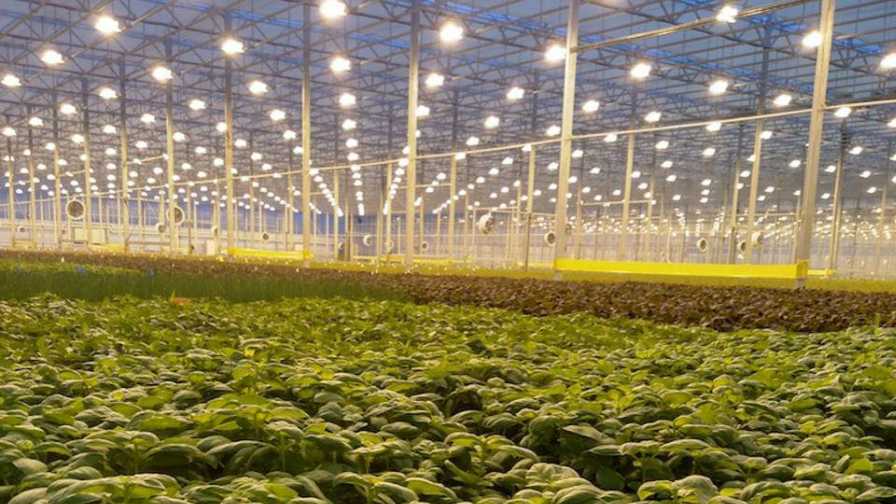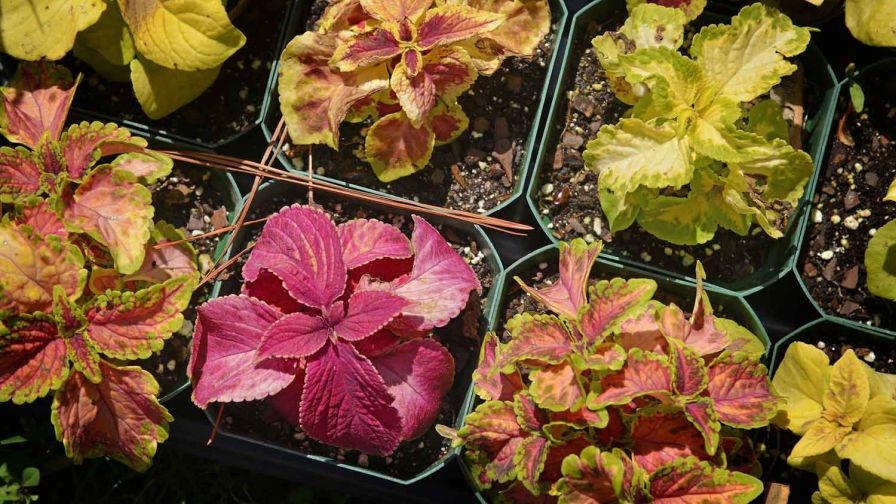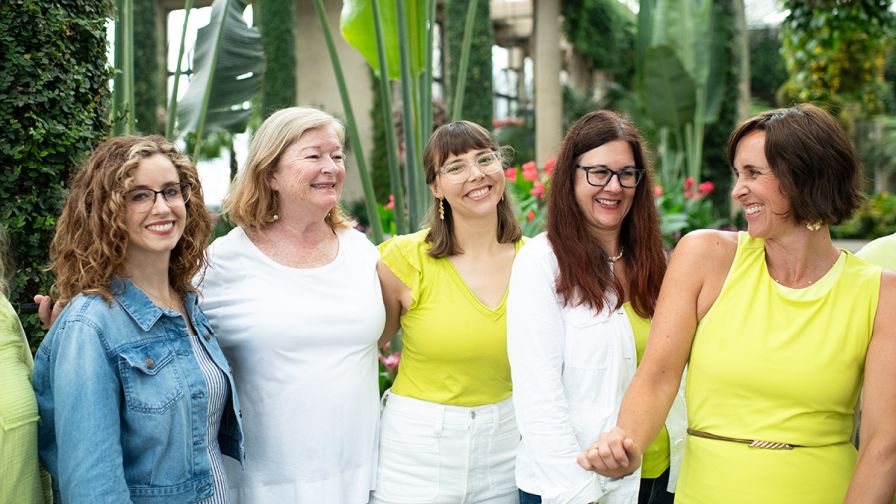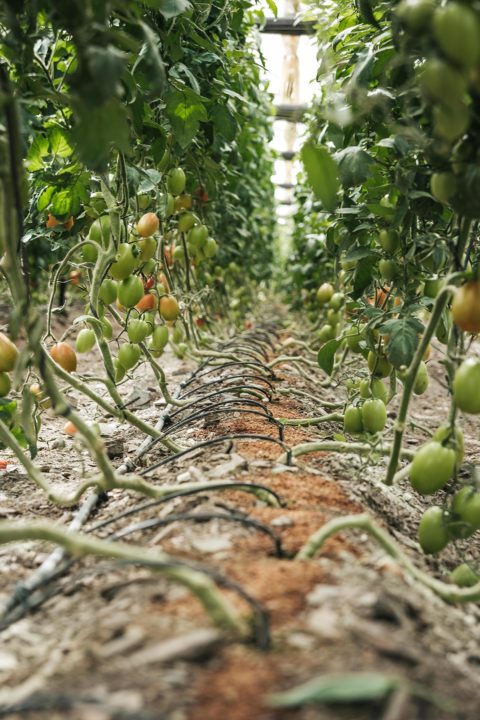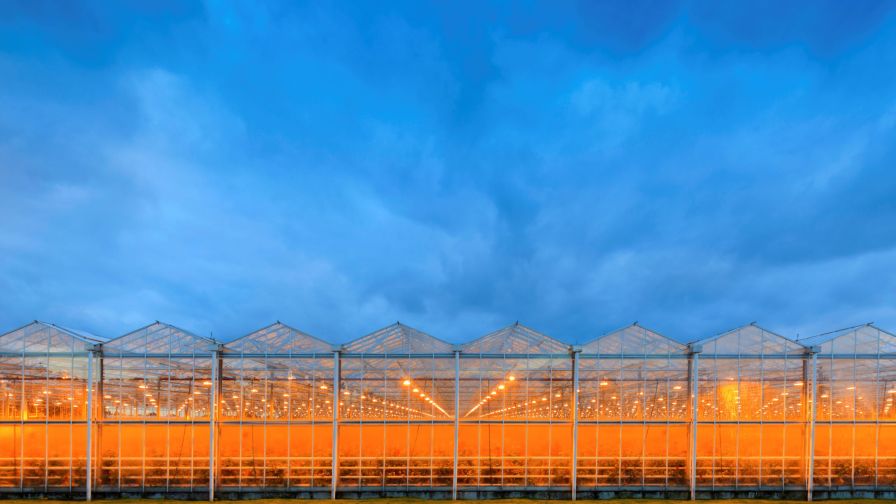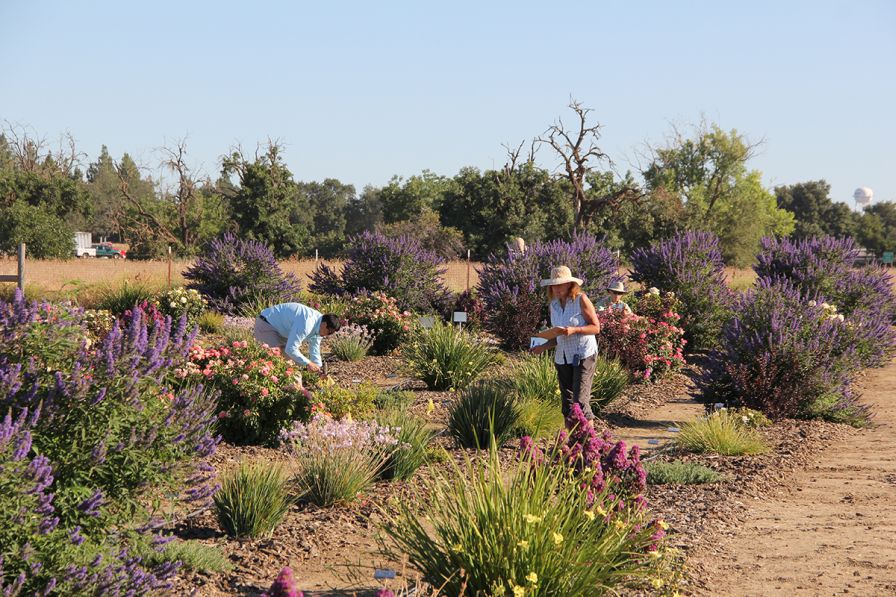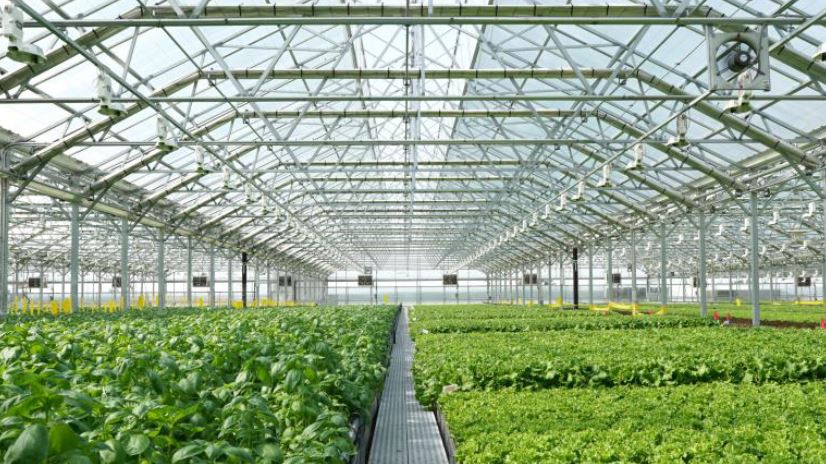Romaine Recall: Greenhouse Growers Make a Case for Food Safety
On November 20, the Center for Disease Control (CDC) advised that U.S. consumers not eat any romaine lettuce, and retailers and restaurants not serve or sell any until more is learned more about the newest E. coli outbreak. This latest crisis for romaine lettuce producers follows last spring’s deadly Yuma, AZ-linked romaine shiga-toxin E. coli (STEC) outbreak that the leafy greens industry was working to recover from and has taken extensive steps to prevent additional outbreaks.
The CDC is recommending all romaine currently in the food chain be thrown away, and government health agencies in the U.S. and Canada are warning of the E. coli linked to romaine. According to United Fresh Produce Association, a group of produce industry associations is relying on producers, retailers, and restaurants to support the government health agency advisories and is urging an industry-wide voluntary withdrawal of all romaine currently in marketing channels and held in inventory.
However, greenhouse leafy greens producers are assuring consumers that their products are safely grown in a controlled environment.
Gotham Greens, which recently added romaine to its product mix, says the food safety scares are one reason why controlled environments like greenhouses offer consumers peace of mind in their produce purchases.
“The rise in recent foodborne illness outbreaks coming from large-scale farms has underscored the need for greater traceability and transparency in the supply chain,” says Nicole Baum of the New York-based operation with three locations in New York City, two in Chicago, one under construction in Baltimore, and more underway in other states. “By owning and operating our own greenhouses, Gotham Greens can offer year-round supply chain reliability, transparency, and traceability. Further, in the U.S., the vast majority of lettuces come from Arizona and California, so by growing in regional Midwest and East Coast greenhouses, we eliminate the environmental footprint and food waste linked to shipping produce long distances.”
On social media, BrightFarms encouraged customers to reach out with any questions they may have when it issued this statement on the CDC romaine advisory:
“All of BrightFarms’ products, including our romaine lettuce, are safe to eat and are NOT associated with the CDC’s investigation into an unfortunate outbreak of illness. Our salad greens and herbs are grown inside of local greenhouse farms, a controlled indoor environment, which allows for clean, safe, and pesticide-free produce. We’re proud that our model allows for complete traceability to a local farm (and farmer!) in your community.”
BrightFarms operates more than 300,000 square feet of indoor food production in Illinois, Virginia, Pennsylvania, and Ohio.
Lef Farms in New Hampshire also posted a message to its customers on Facebook:
“You may have heard about today’s romaine lettuce recall. But rest assured, our lettuce is safe to eat because our hands-free operation delivers nothing but clean and tasty greens grown right here in New Hampshire.”
Lef Farms, a sister company to ornamental producer Pleasant View Gardens, was established in 2016 and operates 75,000 square feet of greenhouses in Loudon, NH.
Greenhouse-Grown Produce Increasing in Sales
A recent report by United Fresh indicates that fresh produce with terminology on labels including greenhouse and locally grown, as well as organic, non-GMO, is generating an increasing amount of sales. )
During the 52 weeks ended Sept. 29, sales of produce marked as greenhouse grown increased 7.6% and sales of produce described as locally grown increased 23.2%, while produce marked organic increased 7.9% and non-GMO increased 8.9%, according to the latest FreshFacts on Retail report.

Lef Farms in New Hampshire produces leafy greens in its 75,000 square feet of controlled environment greenhouses.
Currently, products labeled as greenhouse grown represent 2.3% of produce sales according to Nielsen, while 9% is organic and 4.2% is labeled non-GMO. Consumers are understanding the labels, too, based on Nielsen surveys to determine awareness of these options within fresh produce. According to the research firm, 38% are aware of greenhouse grown claims in fresh produce, 85% are aware of locally grown marketing claims, 84% are aware of the organic label, and 69% are aware of non-GMO labeling.
Baum says Gotham Greens continues to see firsthand that the demand for greenhouse greens is going strong.
“We continue to sell out every day,” she says. “Our retail partners report exceptional sell through of our packaged salads and herbs. Our greenhouses are located right in the city, so we’re able to deliver a consistent, year-round supply of fresh produce without seasonal fluctuations.”




